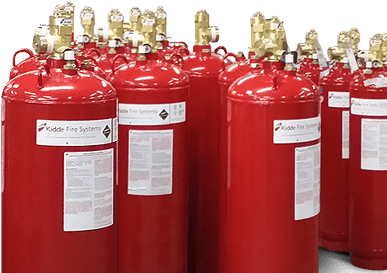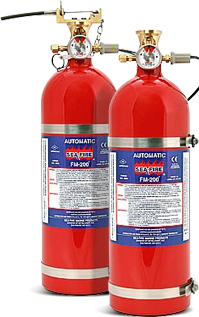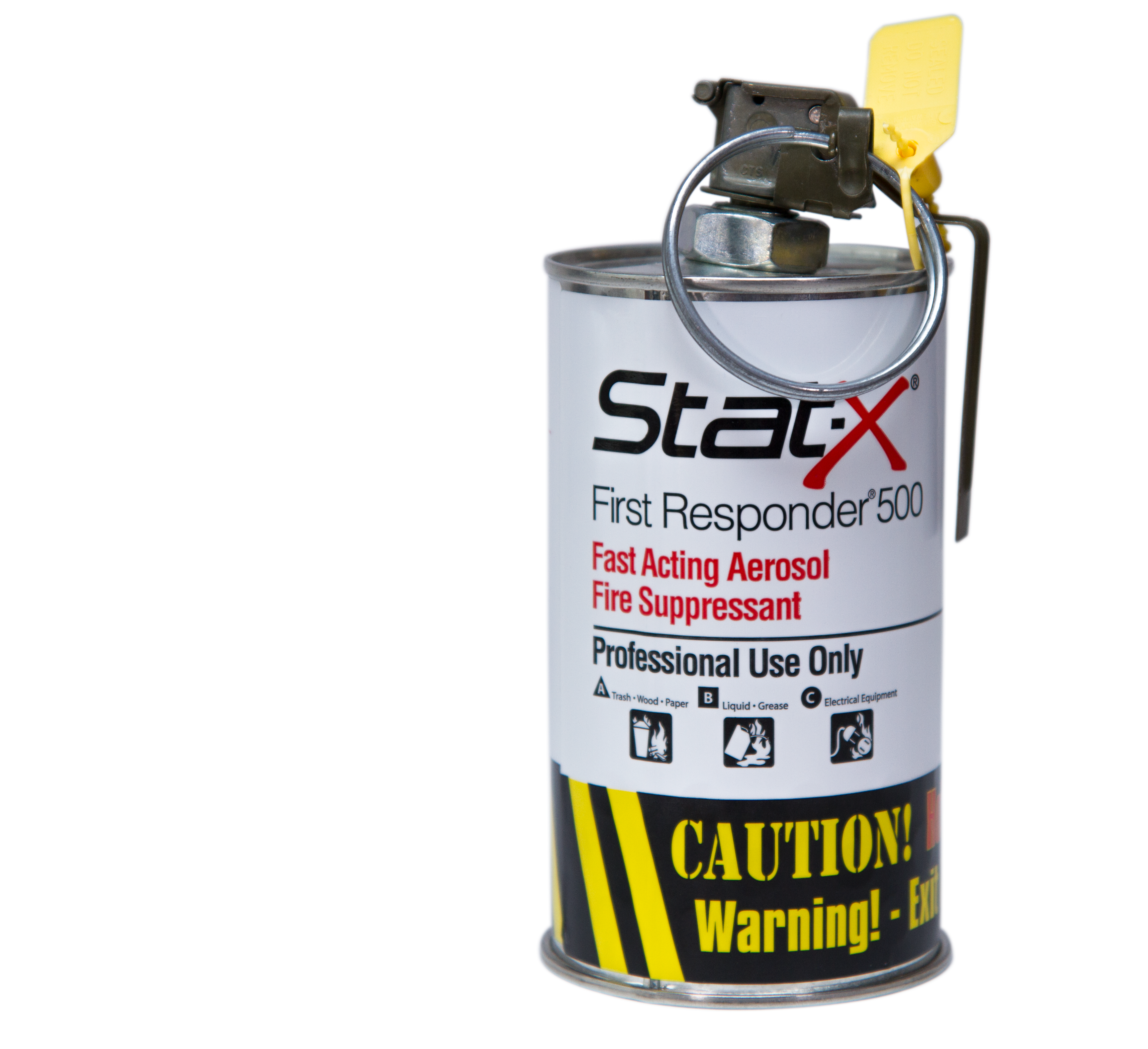Protecting Electric Vehicle Infrastructure: Fire Suppression for Charging Stations

The rise of electric vehicles (EVs) represents a significant shift in the automotive industry, driven by the global push for sustainability and reduced emissions. However, this transition also introduces new challenges, particularly in terms of fire safety at EV charging stations. These facilities are crucial to supporting the widespread adoption of EVs, but they pose unique hazards that require specialized fire suppression solutions. This article explores the risks associated with EV charging stations, discusses tailored fire suppression strategies, and highlights the role of automatic systems in enhancing vehicle and infrastructure safety.
Electric Vehicle Charging Stations: Hazards and Concerns
EV charging stations present a distinct set of fire safety challenges. The combination of high-voltage electricity and the chemical composition of lithium-ion batteries can lead to thermal runaway—a condition where an increase in temperature leads to a self-sustaining chain reaction, resulting in intense fires that are difficult to extinguish with traditional methods. Moreover, the outdoor location of many charging stations exposes them to varying environmental conditions, further complicating fire safety efforts.
Electrical faults, mechanical failures, or overheating during charging can all trigger fires, underscoring the need for robust fire suppression systems. These systems must not only quickly and efficiently suppress fires but also minimize damage to the charging infrastructure and ensure the safety of the surrounding area.
Tailored Fire Suppression Solutions for EVs
Given the unique risks posed by EV charging stations, tailored fire suppression solutions are essential. These solutions must be capable of addressing the specific nature of lithium-ion battery fires, which require different extinguishing agents and tactics compared to conventional fires. Key components of an effective fire suppression system for EV charging stations include:
Specialized Extinguishing Agents: Specialized agents such as aerosols or clean agents that can interrupt the chemical reaction causing the fire are recommended when water is not available.
Localized Suppression Systems: Given the specific points of ignition risk associated with EV charging, localized suppression systems can offer targeted protection. These systems are designed to detect and suppress fires directly at the source, preventing the spread of flames.
Thermal Imaging and Monitoring: Advanced thermal imaging technology can monitor charging stations for abnormal heat patterns, offering early detection of potential fire risks. This technology allows for swift intervention before a thermal runaway event occurs.
Automatic Systems: Enhancing Vehicle Safety
Automatic fire suppression systems represent a critical advancement in protecting EV charging infrastructure. These systems are designed to detect fires automatically and initiate suppression efforts without human intervention, greatly reducing response times and the potential for extensive damage. Key features of automatic systems include:
- Early Detection Capabilities: Equipped with sensors that can detect heat, smoke, or chemical changes associated with fires, these systems can activate the moment a potential fire is identified, often before it becomes visible.
- Integrated Response: Automatic systems can be integrated with the charging station's control system, allowing for immediate shutdown of power in the event of a fire. This helps to prevent electrical feedback and reduces the risk of fire spreading.
- Remote Monitoring: Many automatic systems offer remote monitoring capabilities, enabling station operators to be alerted to fire incidents in real-time, regardless of their location. This facilitates a rapid response, potentially even before emergency services arrive on the scene.
Conclusion
As the EV market continues to grow, ensuring the safety of the supporting infrastructure becomes increasingly important. Fire suppression systems tailored to the unique hazards of EV charging stations are essential for protecting this critical infrastructure, the vehicles it serves, and the surrounding environment. By implementing specialized suppression solutions and leveraging automatic systems for early detection and response, we can mitigate the risks associated with EV charging and pave the way for a safer, more sustainable future.
For those in the EV industry or involved in the development and management of EV charging stations, Control Fire Systems offers expert consultation and advanced fire suppression solutions tailored to your needs. Our team is committed to providing innovative, effective fire safety systems designed to protect the evolving landscape of electric vehicle infrastructure.













